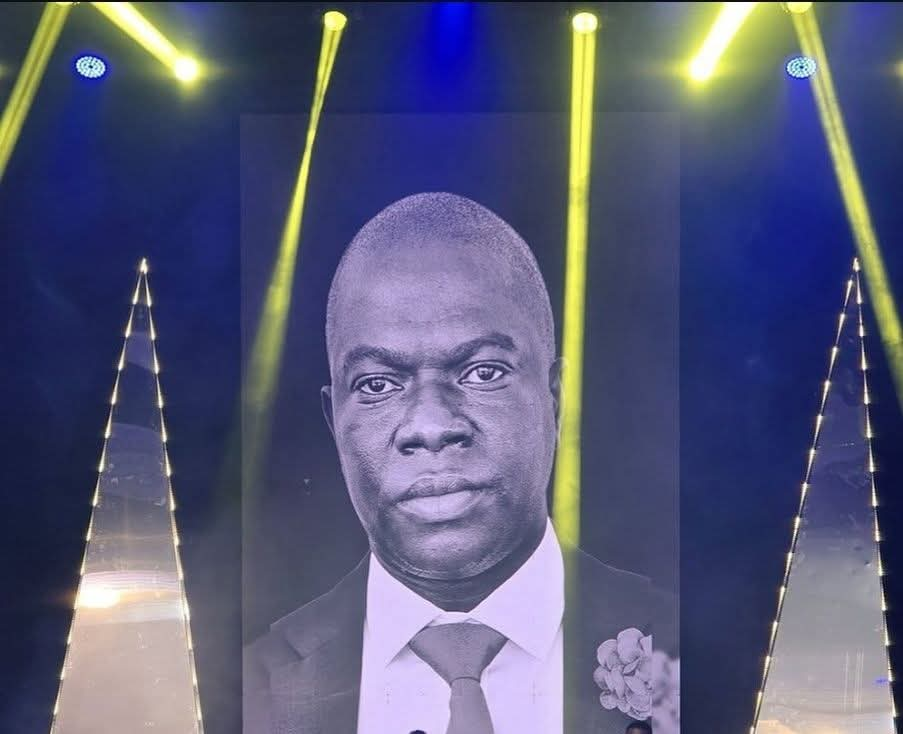
By Our Reporter
A wave of grief and controversy has descended upon the family of the late Muhammad Ssegirinya, former Kawempe North Member of Parliament, after shocking DNA results confirmed that only four out of nine children claimed to be his are biologically related.
The results were released this week, months following Ssegirinya’s passing on January 9, 2025, at the age of 37. He died from health complications linked to alleged torture during his 2021 detention, a case that stirred national outcry and cemented his legacy as one of the most vocal advocates for human rights under the National Unity Platform (NUP) political party.
The DNA testing, commissioned by Ssegirinya’s mother, Justine Ssanyu Nakajumba, came in the wake of a dramatic burial scene where 17 children were reportedly presented as the deceased’s offspring. Seeking clarity and closure, the family narrowed the list down to nine, only to be jolted by confirmation that five of them, including the youngest, were not biologically his.
The findings have cast a spotlight on the late MP’s private life, igniting emotional debates online and within his community. On social media platform X (formerly Twitter), Ugandans have reacted with a mix of shock, sympathy, and dismay.
“Only 4 out of 9 kids belonged to Ssegirinya, DNA confirms,” one widely circulated post read, capturing the disbelief shared by many of his followers, some of whom dubbed him “Mr. Update” for his prolific social media activism.
The emotional toll on the family has been palpable. Ssegirinya’s widow—who remains unnamed in media reports—has reportedly been left devastated and humiliated by the revelations. Sources close to the family say the atmosphere in their household has become increasingly strained, especially as the Kawempe North by-election approaches and political tensions heighten.
Adding to the pressure is a growing financial burden. Nakajumba, the late MP’s mother, has issued a public plea for assistance, calling on Parliament and well-wishers to step in and support the children. “Whatever the DNA says, these children need to be cared for,” she reportedly said. “They are part of Muhammad’s life and memory.”
The controversy has also sparked wider conversations about inheritance rights, paternity testing, and the vulnerability of political families in Uganda once their public champions are gone.
Ssegirinya’s short but impactful political career left a lasting impression on the nation—especially in underserved communities where he frequently donated food, medical aid, and pushed for youth empowerment. His legacy, however, now sits at the crossroads of admiration, tragedy, and public scandal.
As the dust settles and the family comes to terms with the fallout, many Ugandans are watching closely—not only for how this saga unfolds but for what it reveals about the intersection of politics, family, and truth in the public eye.
